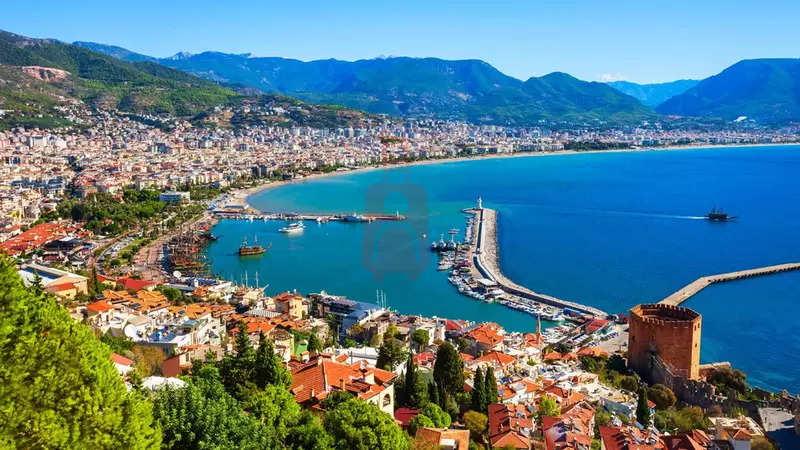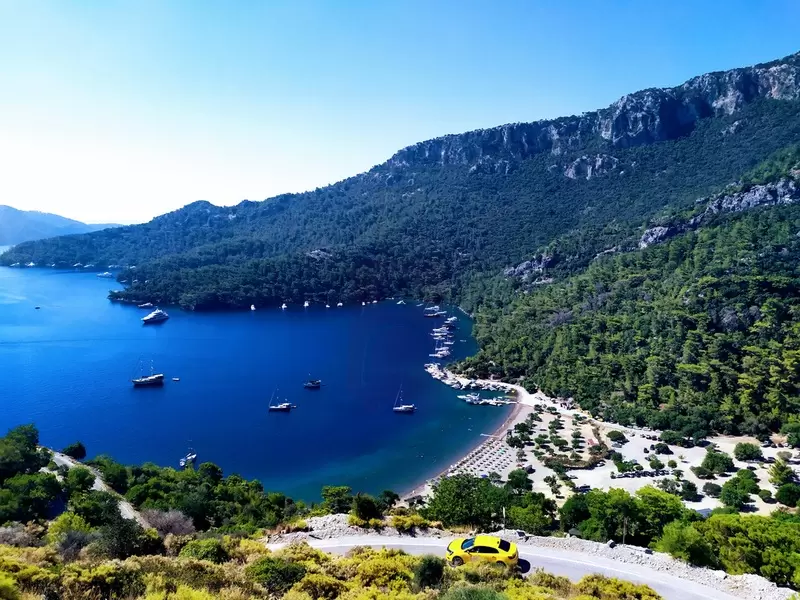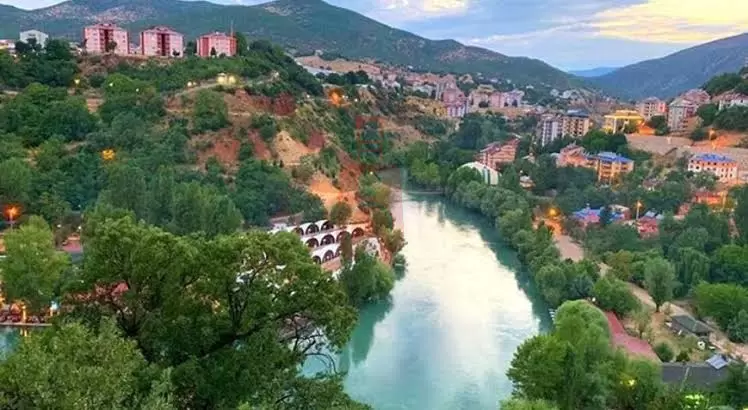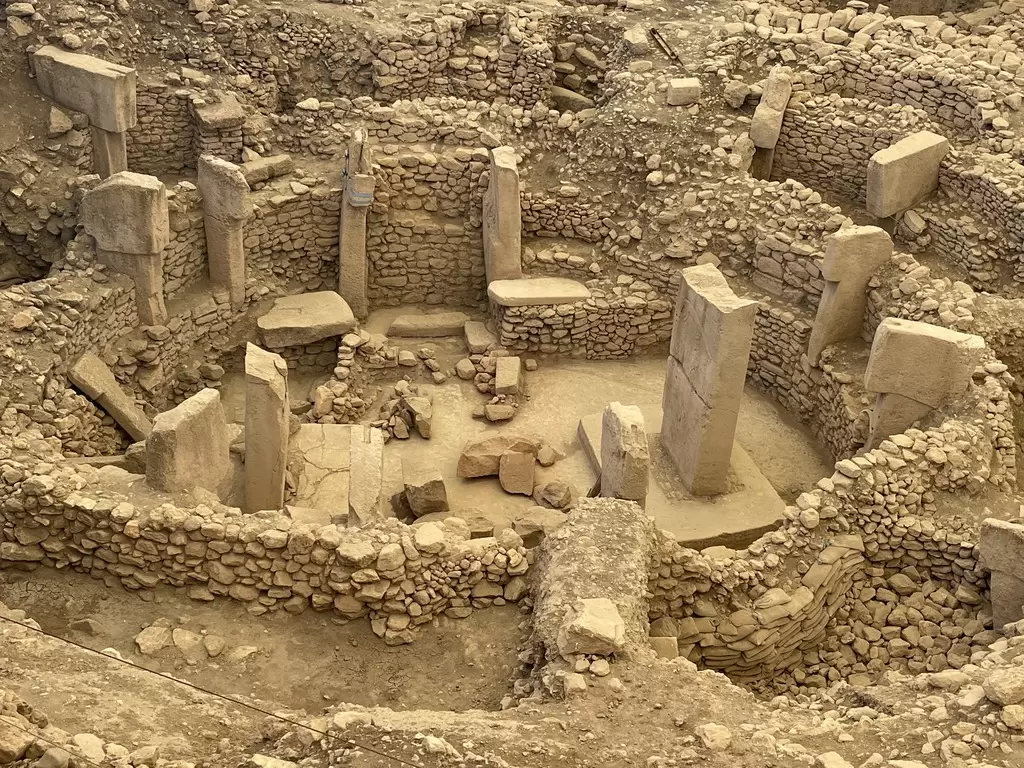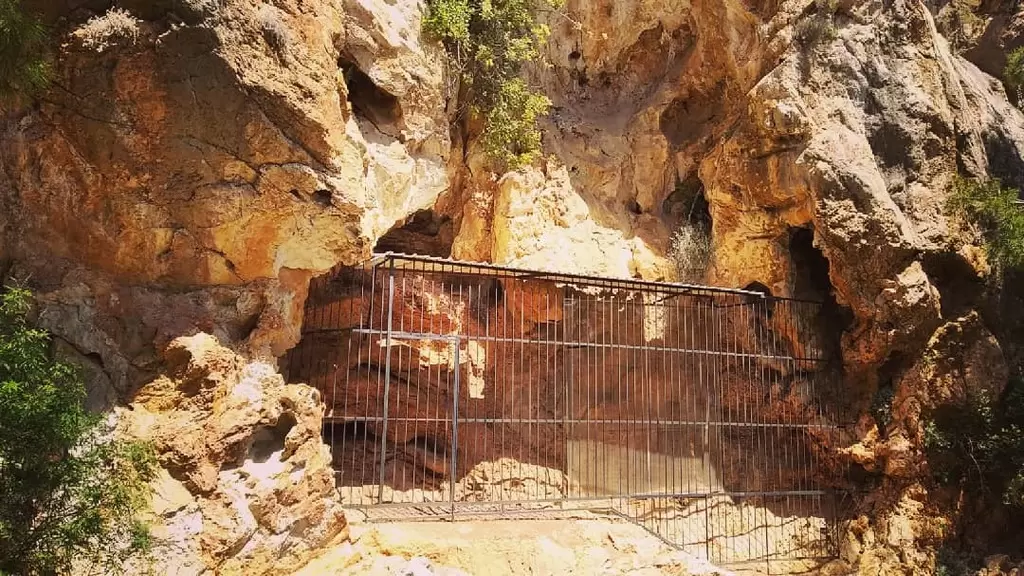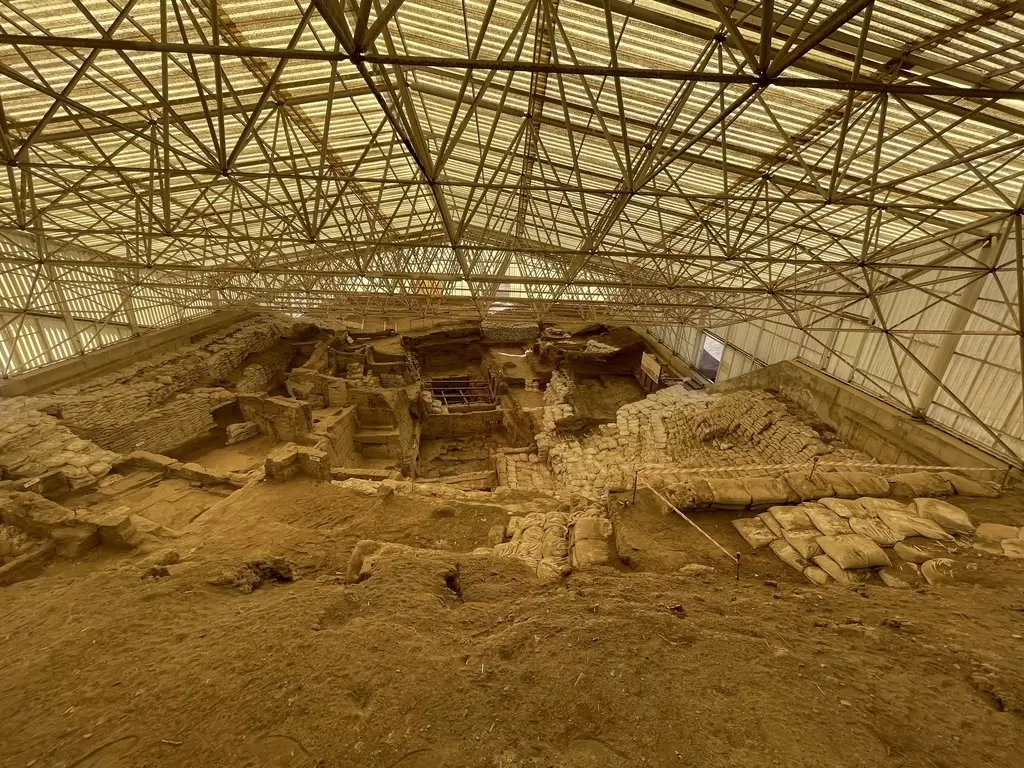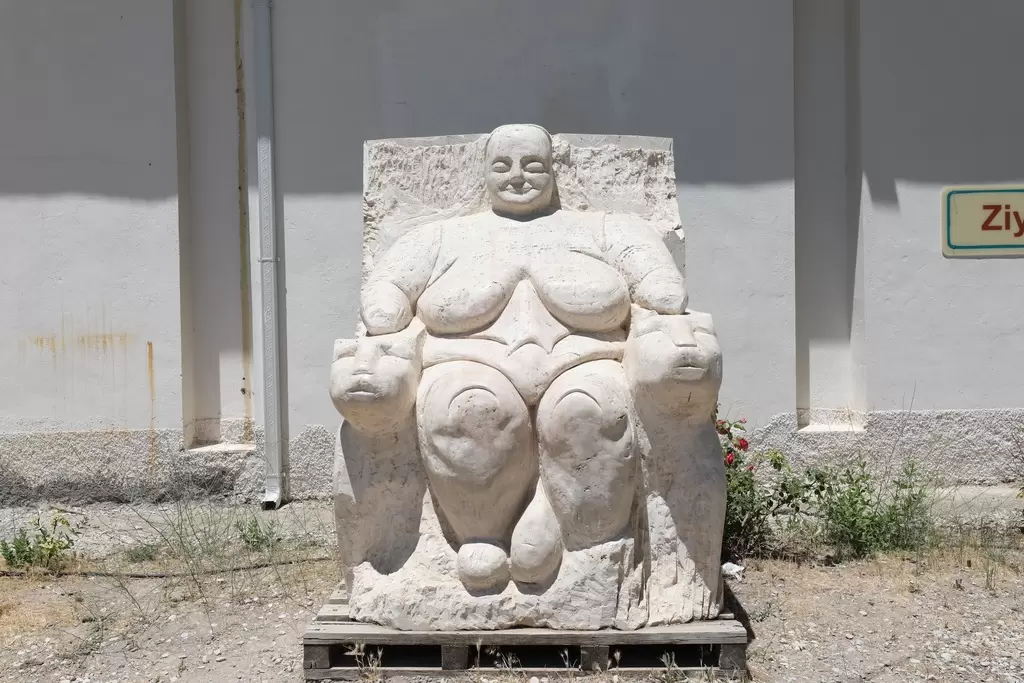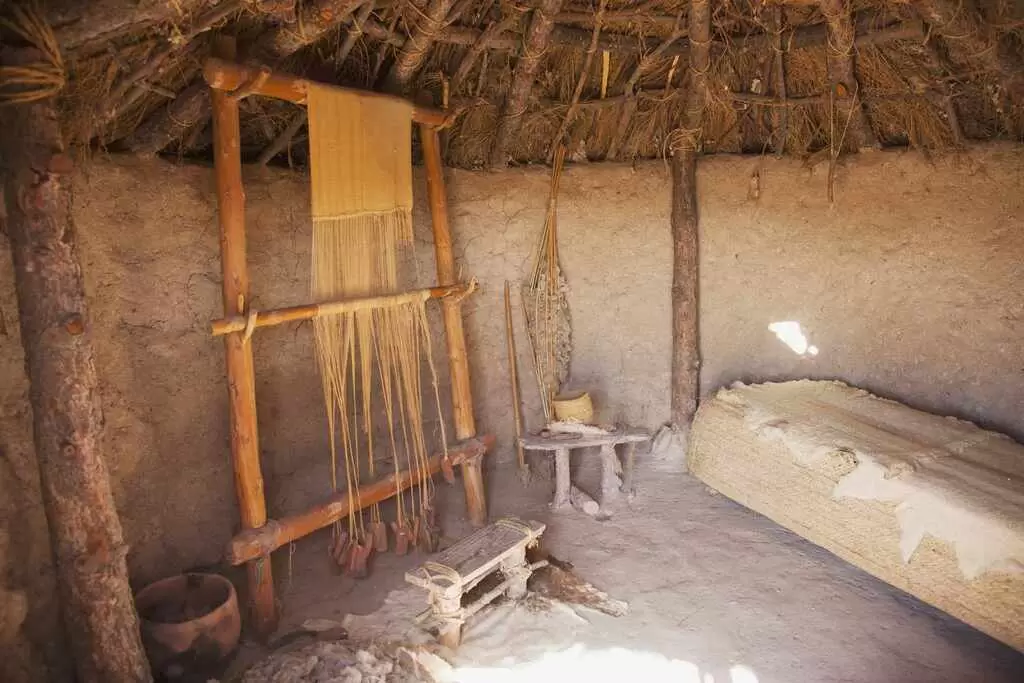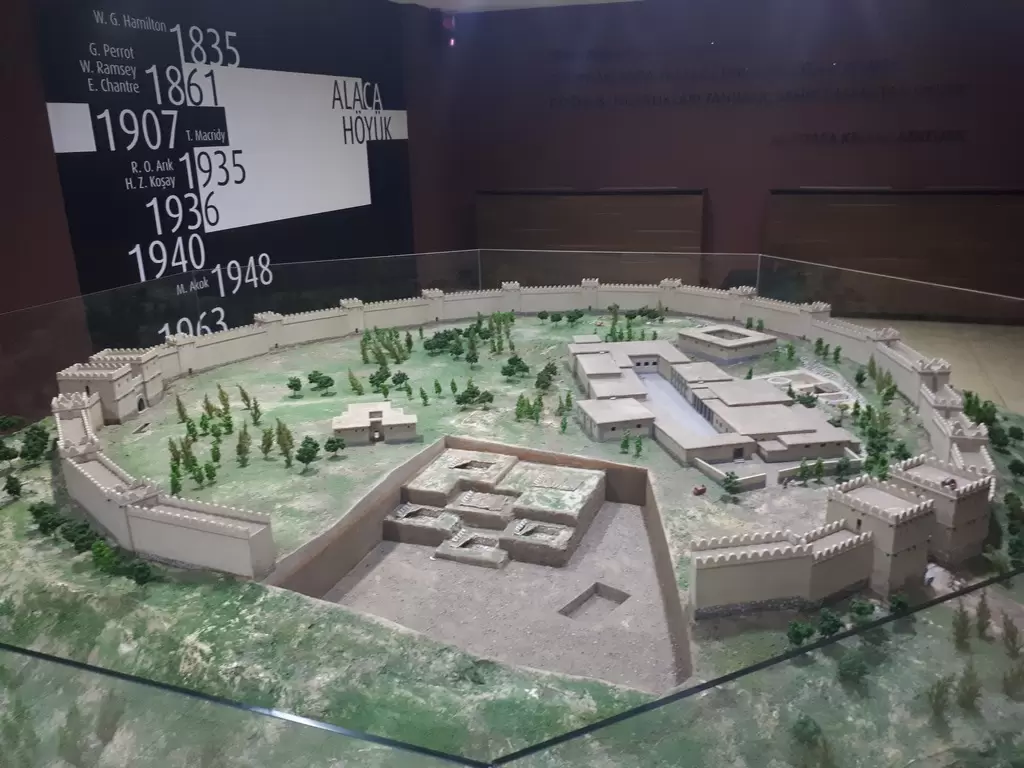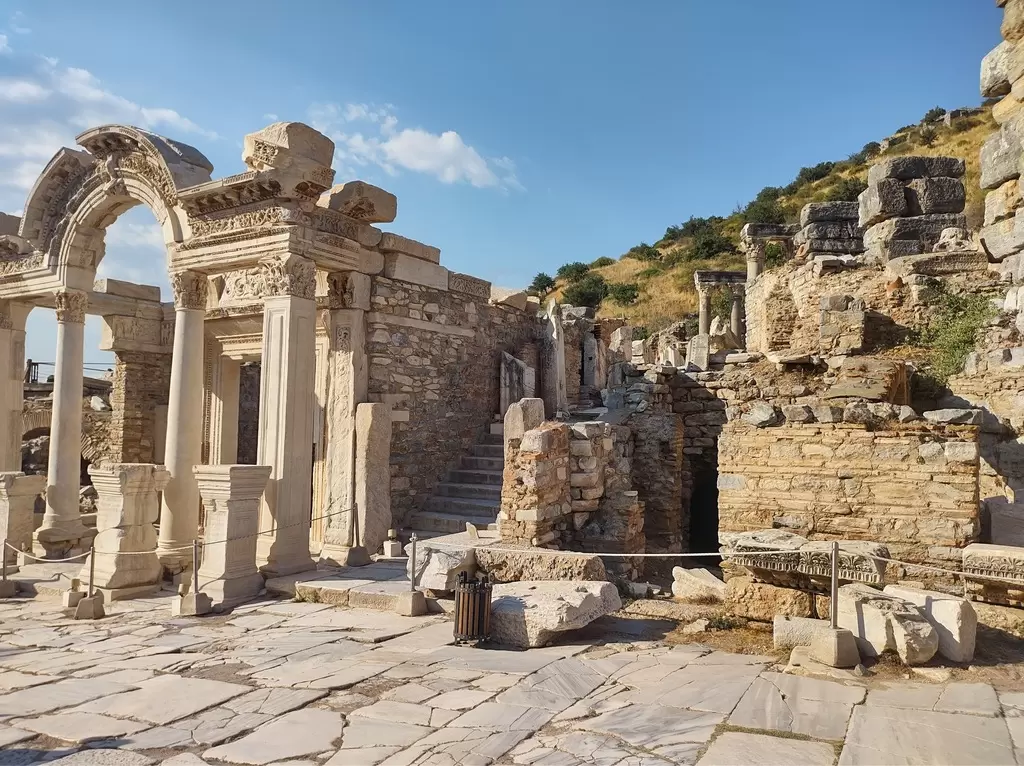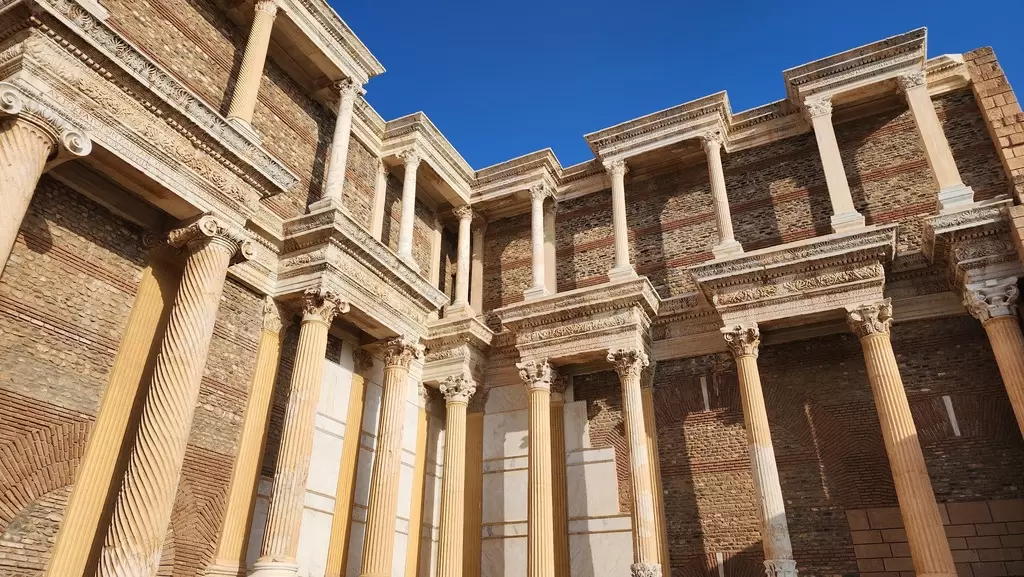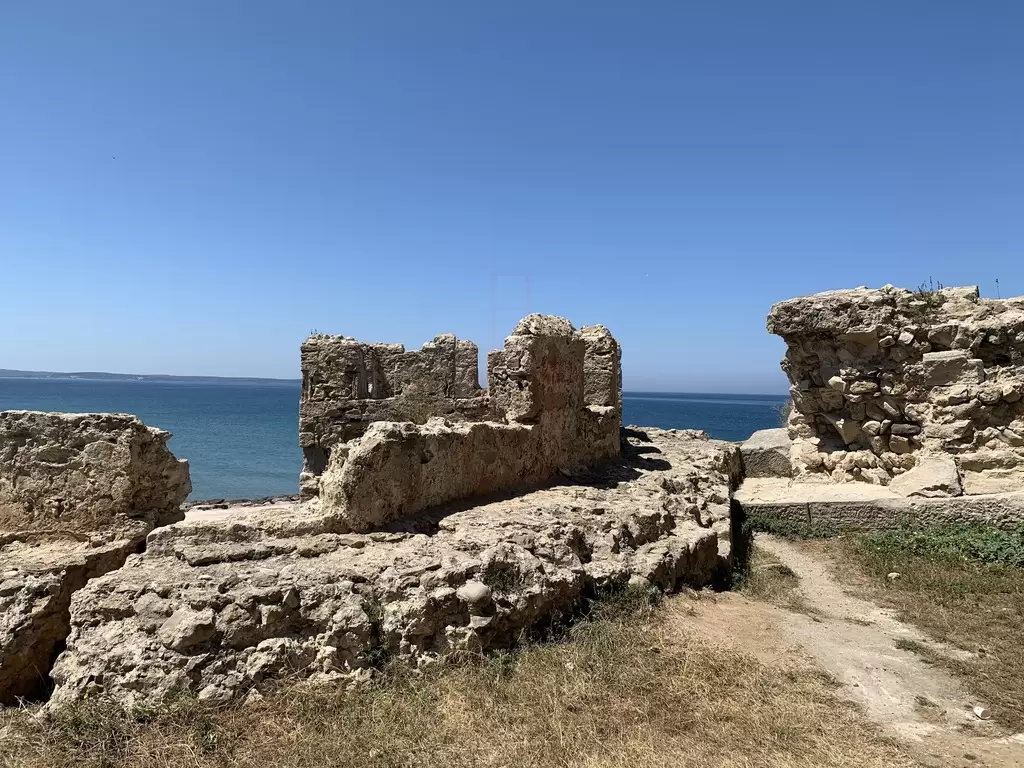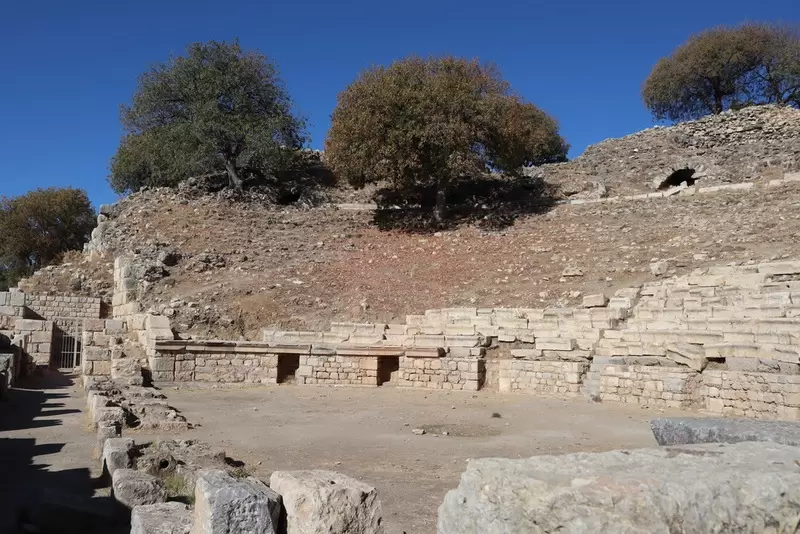
The Ionian Kingdom, located along the western coast of Anatolia, was a significant cultural and political entity that emerged around the 11th century BCE. This region, known as Ionia, comprised a series of influential city-states, including Ephesus, Miletus, Smyrna, and Chios. These cities were strategically positioned along the Aegean Sea, which facilitated trade and cultural exchange with neighboring regions, including mainland Greece, the Near East, and beyond.
Ionia played a crucial role in the development of early Greek civilization, particularly during the Archaic period (circa 800-500 BCE). The Ionian city-states were characterized by their democratic governance structures and emphasis on civic participation, setting a precedent for later political developments in Greece. Miletus, for example, became known as a center of philosophical thought, producing prominent thinkers such as Thales, Anaximander, and Anaximenes, who laid the groundwork for Western philosophy and science.
The economy of the Ionian Kingdom was robust, supported by agriculture, fishing, and extensive trade networks. The fertile plains and favorable climate allowed for the cultivation of grains, olives, and grapes, while the coastal cities engaged in maritime trade, exporting goods such as textiles, pottery, and metalwork. This economic prosperity contributed to the flourishing of arts and culture in the region.
Architecturally, the Ionian city-states were renowned for their impressive structures, including temples dedicated to various deities. The Temple of Artemis at Ephesus, one of the Seven Wonders of the Ancient World, exemplified the grandeur of Ionian architecture. The use of columns and elaborate decoration became a hallmark of Ionian style, influencing later architectural developments in Greece and beyond.
Culturally, the Ionians were instrumental in the evolution of Greek literature and the arts. They developed the Ionic dialect of Ancient Greek, which became a standard for literary works. Poets like Homer and Hesiod, though their exact origins are debated, were also closely associated with the Ionian cultural sphere. This period saw the rise of lyric poetry, drama, and philosophy, fostering a vibrant intellectual environment.
The Ionian Kingdom faced challenges from external powers, particularly the Persians, who began to exert influence over the region in the 6th century BCE. The Ionian Revolt (499-493 BCE) marked a significant moment in history, as the city-states united against Persian rule, seeking independence. Although the revolt was ultimately suppressed, it laid the groundwork for the later Greco-Persian Wars and highlighted the desire for autonomy among the Ionians.
Despite periods of foreign domination, the cultural and intellectual legacy of the Ionian Kingdom continued to thrive. The region remained a center of learning and innovation, influencing subsequent generations of philosophers, scientists, and artists. Today, the archaeological sites of ancient Ionia, including the ruins of Ephesus, Miletus, and Didyma, provide valuable insights into the rich history and contributions of this remarkable civilization, showcasing a society that played a pivotal role in shaping the foundations of Western culture.
